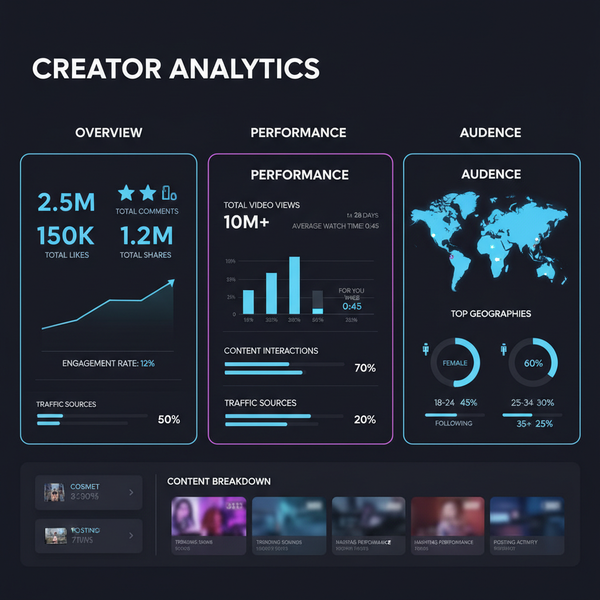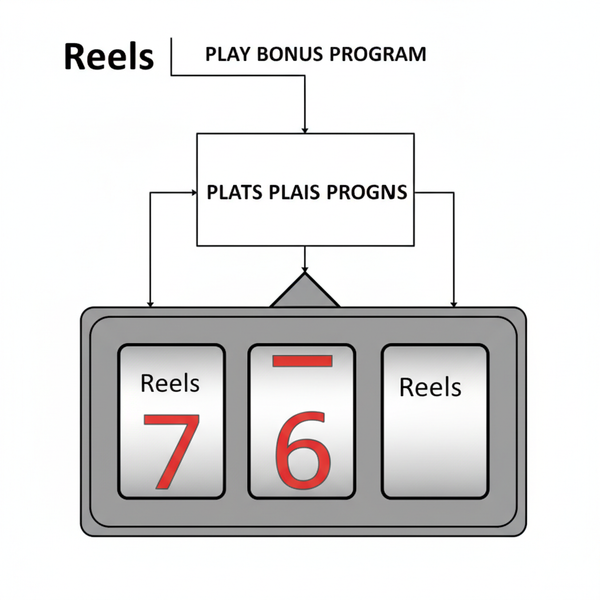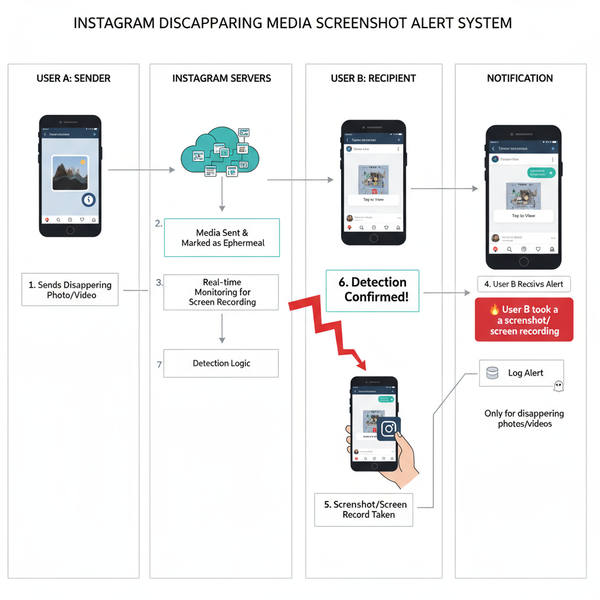Community Manager Definition, Key Roles, and Essential Skill
Discover the definition, evolution, key roles, and essential skills of a community manager, plus tools for managing vibrant online and offline communities.
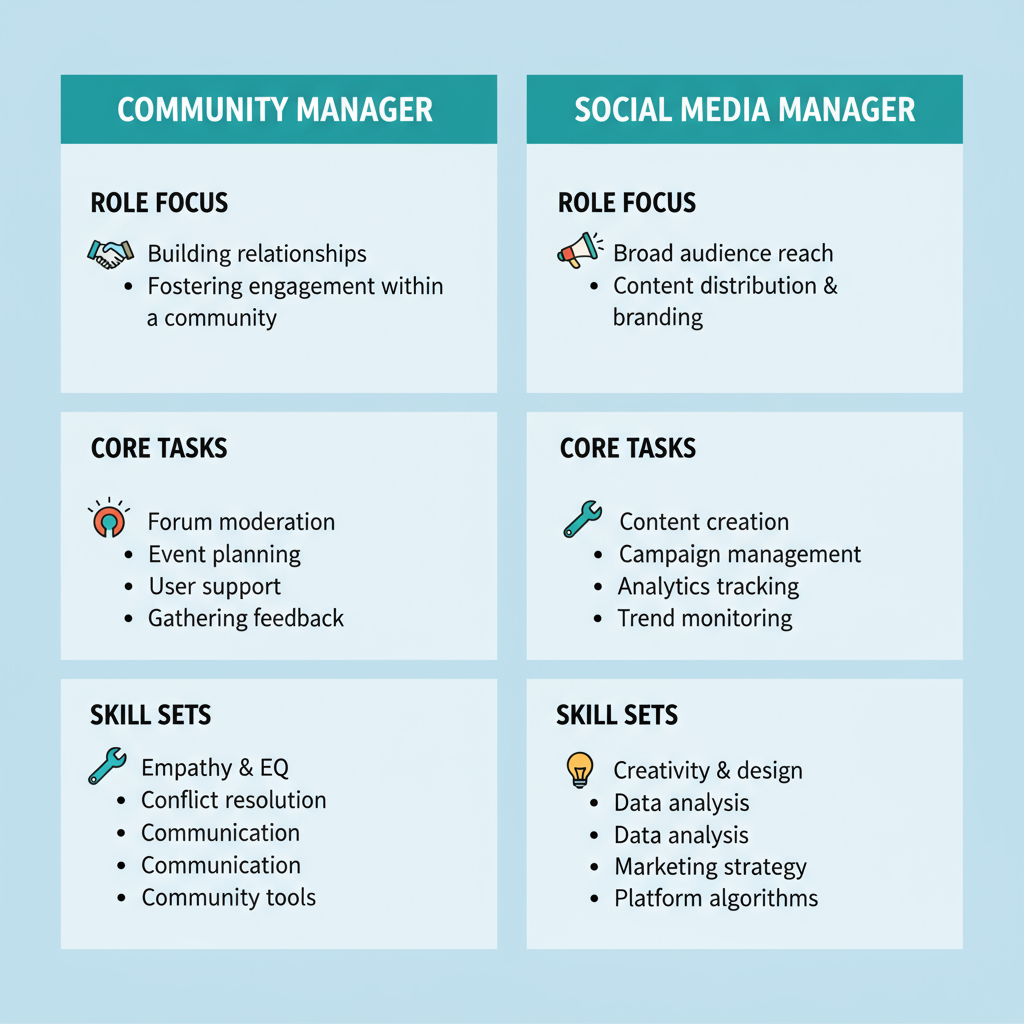
Introduction: Understanding the Role and Definition of a Community Manager
In today’s fast-paced digital era, a strong and engaged community can make or break a brand’s success. This is where community managers play a critical role — orchestrating conversations, fostering trust, and building connections that drive both loyalty and growth. Whether in digital forums or local events, the definition of a community manager encompasses more than moderation; it’s about creating a thriving ecosystem where members feel valued, heard, and inspired to participate.

Modern community managers act as strategists, brand ambassadors, and relationship builders. They influence reputation, drive user satisfaction, and ensure the long-term health of the communities they manage.
---
Definition of a Community Manager
If you search for “definition community manager,” you’ll find the role exists in both digital and offline contexts:
- Digital context: Building, growing, and managing online communities around a brand or cause using social networks, forums, and content platforms.
- Offline context: Creating and sustaining physical spaces for interaction, such as club meetings, local events, and industry gatherings, with a focus on member connection and retention.
In essence, a community manager acts as the human bridge between an organization and its audience, facilitating communication, resolving issues, and cultivating belonging.
---
History and Evolution of the Role
Community management has evolved substantially:
- Early days (1990s–2000s): Moderators on forums, message boards, and IRC chat rooms enforced rules and maintained civility.
- Social media era (2005–2015): Platforms like Facebook, Twitter, and Instagram demanded brand-focused community leaders engaging large public audiences.
- Modern landscape (2015–present): Managers oversee multi-platform ecosystems, private groups, events, and strategic brand integrations.
From plain text discussions to immersive virtual spaces, the role has transformed alongside technological advances and changing user behavior.
---
Primary Responsibilities of a Community Manager
Community managers wear many hats, including:
- Engagement: Starting conversations, responding to members, and encouraging active participation.
- Moderation: Upholding rules, resolving disputes, and ensuring a safe space.
- Content creation: Producing posts, videos, newsletters, and recaps.
- Analytics: Monitoring engagement, member growth, and sentiment.
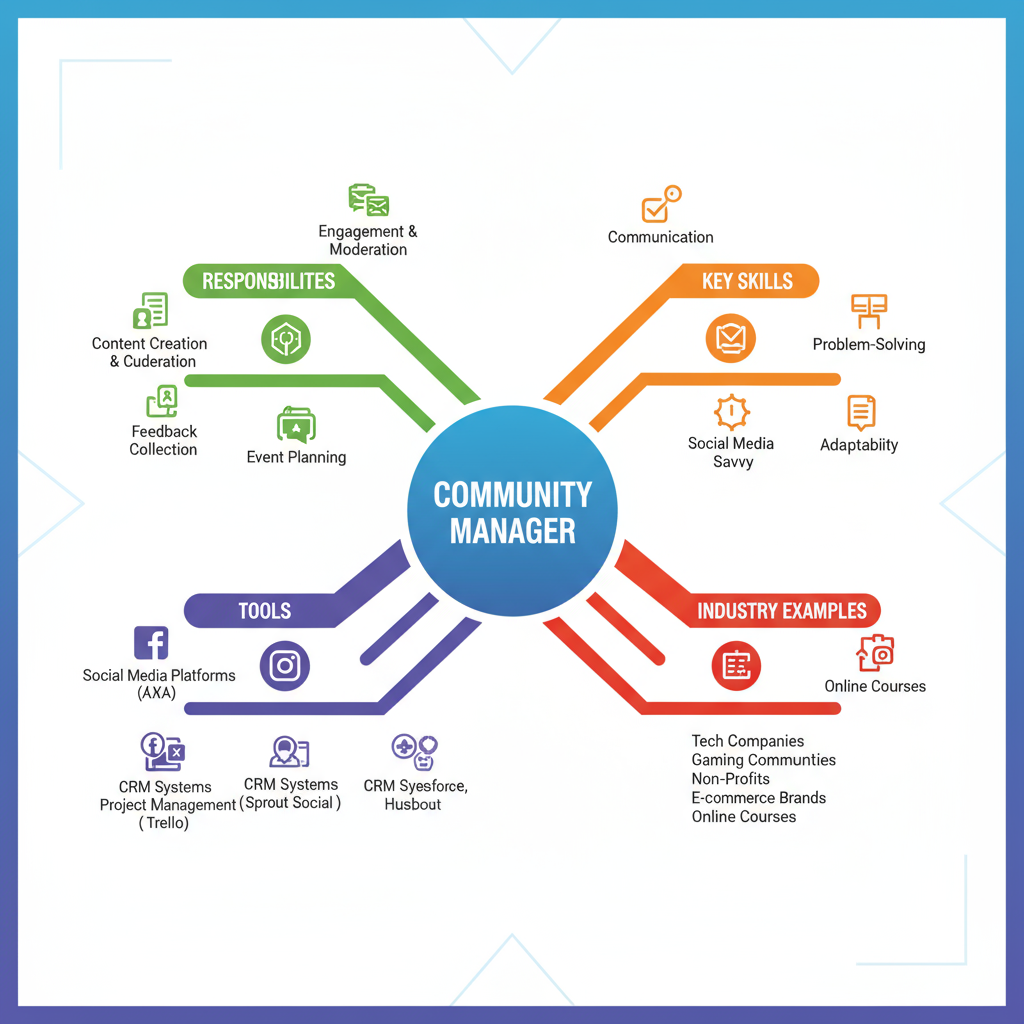
They balance proactive engagement with reactive problem-solving — often multitasking across several platforms daily.
---
Key Skills Required for Success
A successful community manager blends interpersonal and technical skills:
- Communication: Crafting clear, empathetic messages for diverse audiences.
- Empathy: Appreciating member perspectives to resolve conflicts gracefully.
- Strategic thinking: Aligning activities with organizational objectives.
- Tech literacy: Operating digital tools, analytics platforms, and collaborative software.
Combined, these skills strengthen decision-making and enhance community experience.
---
Tools and Platforms Used
Community managers rely on a diverse toolkit:
| Category | Examples | Purpose |
|---|---|---|
| Social Media Management | Hootsuite, Buffer, Sprout Social | Schedule posts, monitor engagement |
| Community Platforms | Discord, Slack, Facebook Groups | Member discussions and support |
| Analytics Tools | Google Analytics, Brandwatch | Measure performance and sentiment |
| Event Tools | Zoom, Hopin, Eventbrite | Organize online/offline events |
Proficiency in these tools streamlines workflow and improves measurable outcomes.
---
Community Manager vs. Social Media Manager
Though they occasionally overlap, these roles have distinct focuses:
- Community manager: Relationship-building, engagement, and retention.
- Social media manager: Content scheduling, branding, and audience reach.
A community manager’s KPIs center on member satisfaction and activity, whereas a social media manager measures follower growth and campaign performance.
---
Examples Across Industries
Community management extends across sectors:
- Gaming: Forums, Discord channels, and tournaments.
- Healthcare: Patient support groups and professional networks.
- Education: Alumni associations, virtual classrooms, and learning portals.
- Non-profit: Volunteer coordination, fundraising communities, advocacy campaigns.
Each industry tailors tools and strategies to fit its audience’s needs.
---
Benefits of Effective Community Management
Strong community management offers tangible benefits:
- Brand loyalty: Satisfied members remain committed advocates.
- Customer insight: Communities give direct feedback and ideas.
- Organic growth: Word-of-mouth boosts visibility without heavy ad spend.
- Crisis mitigation: Prompt attention prevents public escalation.
Companies investing in experienced community managers often see higher retention and improved reputation.
---
Challenges and How to Overcome Them
Common challenges include:
- Member conflict: Apply guidelines consistently and remain neutral.
- Content burnout: Use calendars and repurpose existing material.
- Platform changes: Stay updated with regular training.
- Measuring ROI: Track KPIs such as active users or event participation.
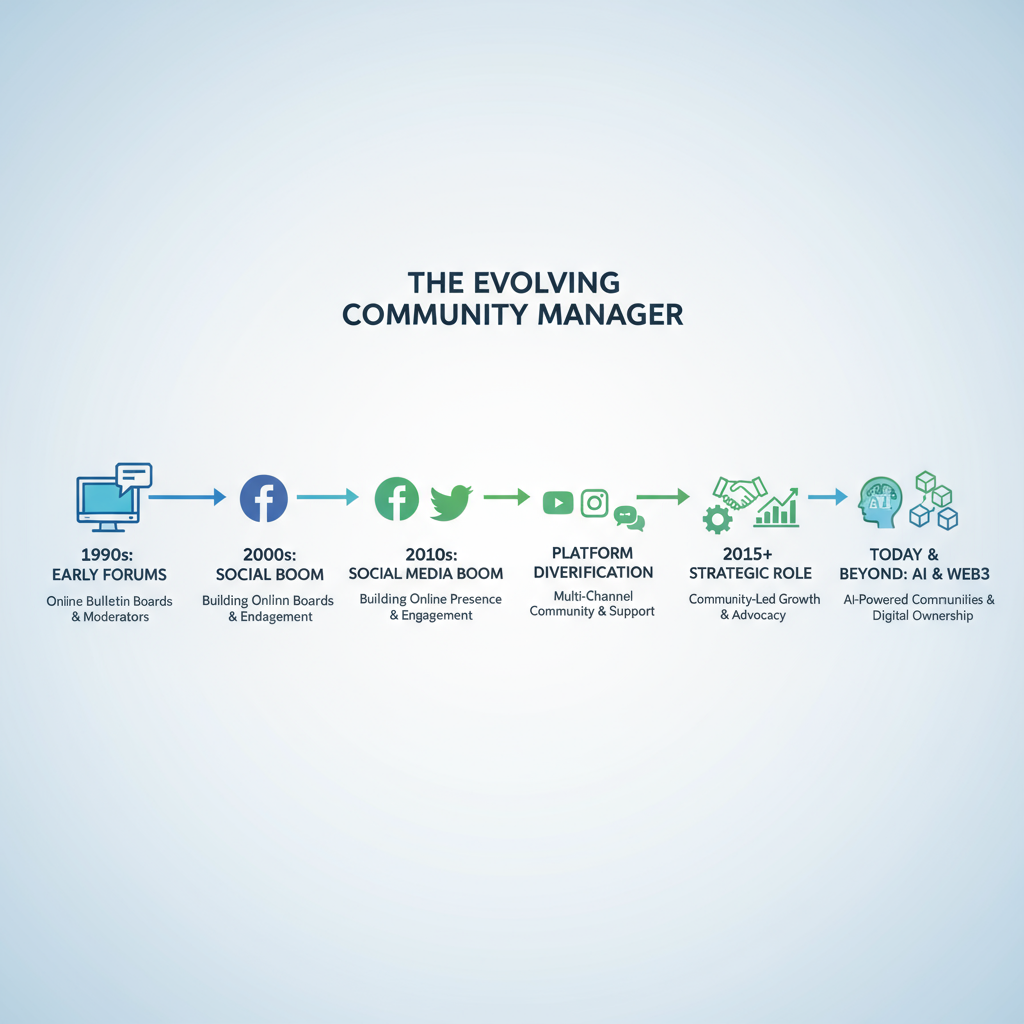
Maintaining balance, automating repetitive tasks, and protecting mental well-being are key to long-term success.
---
Career Pathways and Opportunities
Community management offers rewarding career progression:
- Entry-level: Customer support, junior moderator roles.
- Mid-level: Leading multiple channels or campaigns.
- Senior-level: Director of community strategy and budget management.
- Specialization: Event coordination, content marketing, analytics.
These skills can also transition into marketing, PR, or operational leadership roles.
---
Conclusion and Future Outlook
As brands pursue genuine connections in an AI-driven world, the definition of a community manager will continue to evolve. Key emerging trends include:
- AI moderation tools to handle repetitive oversight tasks.
- Micro-communities catering to niche interests for deeper engagement.
- Hybrid events that merge digital convenience with in-person interaction.
Community managers will remain essential in building trust, encouraging participation, and creating mutual value between organizations and their audiences.
---
Summary:
A community manager bridges organizations and audiences, nurturing engagement across digital and offline spaces. Understanding the definition, evolution, responsibilities, and tools equips professionals to excel in this dynamic role. Whether you aim to start in moderation or lead large strategic initiatives, honing these skills will open diverse and impactful career opportunities.
Call to action:
Interested in becoming a community manager? Explore training programs, join relevant networks, and start engaging with communities today to develop the skills that will set you apart.

